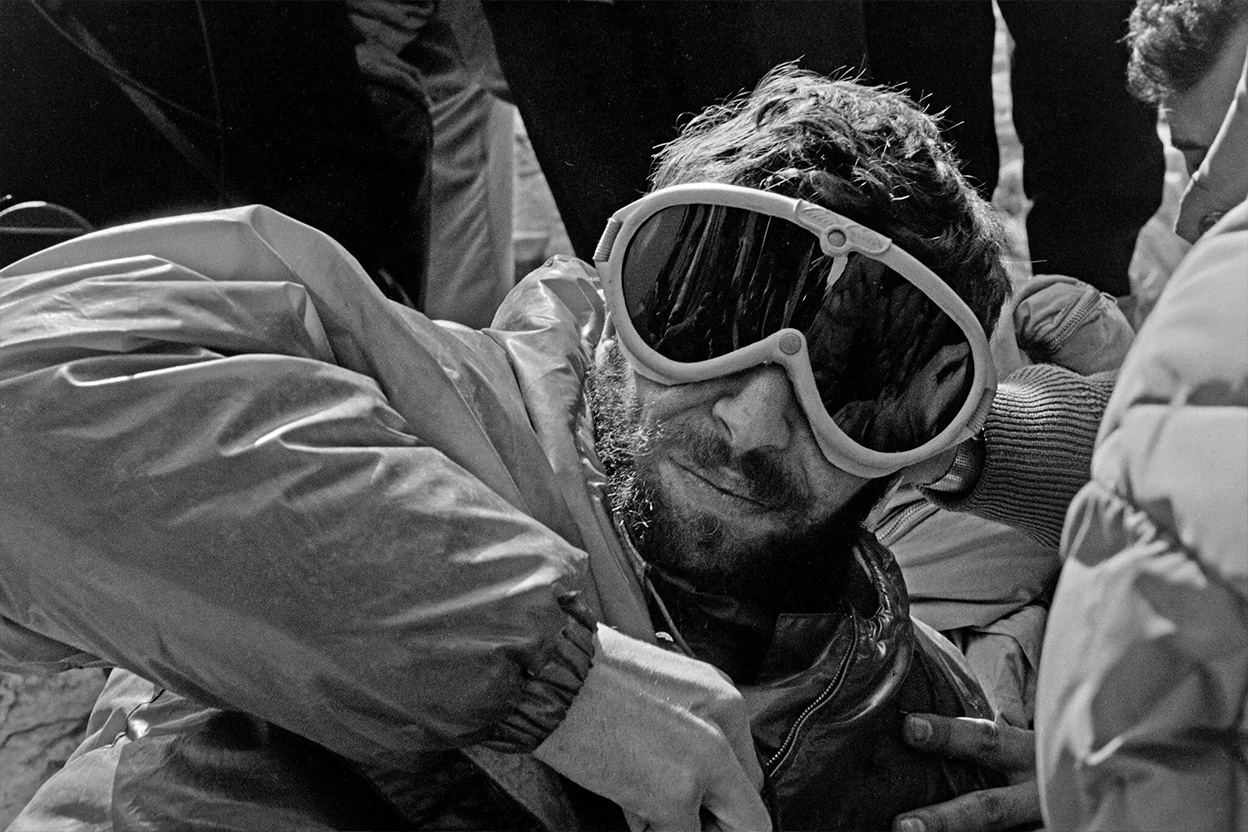
The Darkest Experiment in Chronobiology Revealed a Terrifying Secret

The Discovery That Changed Our Understanding of Biological Time
In the summer of 1962, a young 23-year-old French geologist named Michel Siffre made a decision that would forever change our understanding of human biological rhythms. His plan was radical: descend into the depths of a frozen cave, 130 meters underground, and live in complete darkness for two months to discover humanity's true internal clock.
The experiment took place in the underground glacier of Scarasson, in the French Alps. The conditions were extreme: constant temperature of 3°C (37°F), 100% humidity, total darkness, and no temporal markers. Siffre would eat when hungry and sleep when tired. His only connection to the outside world was an emergency phone line.
"I wanted to understand if humans have a natural rhythm independent of external signals," Siffre explained years later. "No one had attempted anything like this before. It was completely uncharted territory."
A Discovery That Challenged the Perception of Time
When Siffre emerged from the cave on September 17, he was convinced it was August 20. Sixty-three days had passed, but he had experienced only 35. His mind had literally compressed time.
Dr. Nathaniel Kleitman, a pioneer in sleep research at the University of Chicago, was fascinated by the results: "Siffre's data suggested that our internal biological clock is not perfectly synchronized with Earth's rotation. This was revolutionary."
But the most striking discovery was yet to come. During his isolation, Siffre's natural cycle stabilized at approximately 24.5 hours, a figure that exactly matched the length of a Martian day.
NASA and the Second Experiment
Intrigued by the implications, NASA funded a second experiment in 1972. This time, Siffre descended into Midnight Cave in Texas, where he would remain isolated for six months. The results were even more baffling.
His biological rhythm reorganized into a completely inexplicable pattern: 36 hours of activity followed by 14 hours of sleep, creating a 48-hour cycle that defied all previous understanding of human biology.
"It was as if his body had found a rhythm that didn't belong to this planet," observed Dr. Charles Czeisler, a chronobiologist at Brigham and Women's Hospital. "Siffre couldn't distinguish between sleeping 2 hours or 18 hours. His temporal perception had completely dissociated."
Disturbing Scientific Implications
Siffre's experiments raised fundamental questions about the nature of our biological rhythms. Why doesn't the natural human cycle match exactly with Earth's day? Why does it so closely approximate the Martian day?
Dr. Maria Santos, a chronobiology specialist at the Max Planck Institute, has extensively studied Siffre's work: "His experiments revealed that we carry in our DNA a clock that seems to be calibrated for a different world. The coincidence with the Martian day cannot be coincidental."
Some scientists have proposed bold theories. Astrobiologist Dr. James Martinez suggests: "If life originated on Mars and migrated to Earth, as the panspermia hypothesis proposes, our biological rhythms could be relics of our original home planet."
The Legacy of a Pioneer
Michel Siffre continued experimenting with temporal isolation well into the 1980s, also subjecting volunteers to similar conditions. His discoveries laid the foundation for modern chronobiology and were fundamental to long-duration space missions.
Siffre passed away in August 2024 at age 85, but his legacy endures. His experiments not only revolutionized our understanding of biological time but also opened the unsettling possibility that our bodies harbor cosmic secrets we still don't fully comprehend.
Unsolved Mysteries
Siffre's work raises questions that remain unanswered. What other biological rhythms might be out of sync with Earth? Do other clues of extraterrestrial origins exist in our genetic code?
The Institute of Chronobiology in Paris has initiated new studies based on Siffre's protocols, using modern technology to more precisely monitor biological changes during temporal isolation.
"Siffre taught us that time is more malleable than we believed," concludes Dr. Santos. "His experiments force us to reconsider not only how our bodies function but also our place in the cosmos."
The complete archives of Siffre's experiments, recently digitized, continue to provide data for new research. Each analysis reveals new layers of complexity in the mystery of our internal biological clock, an enigma that Michel Siffre dedicated his life to deciphering in the darkest depths of Earth.